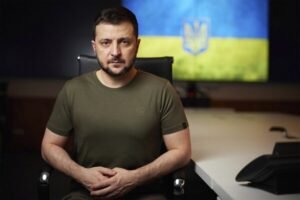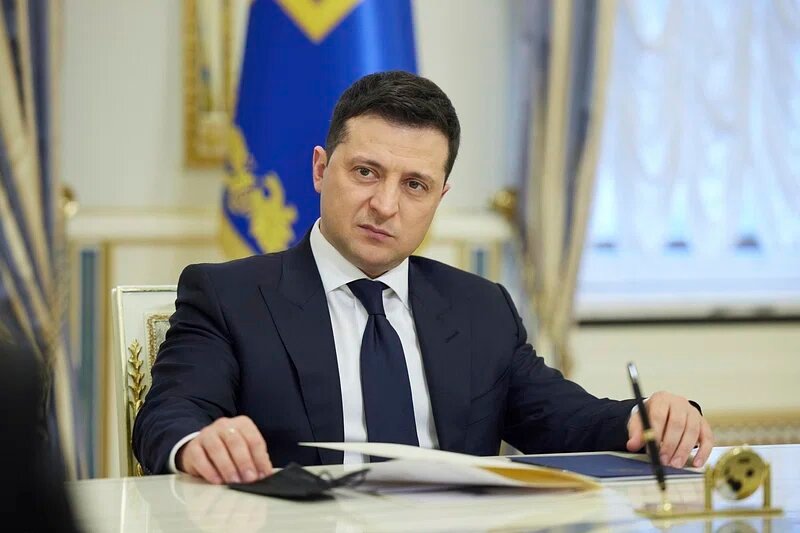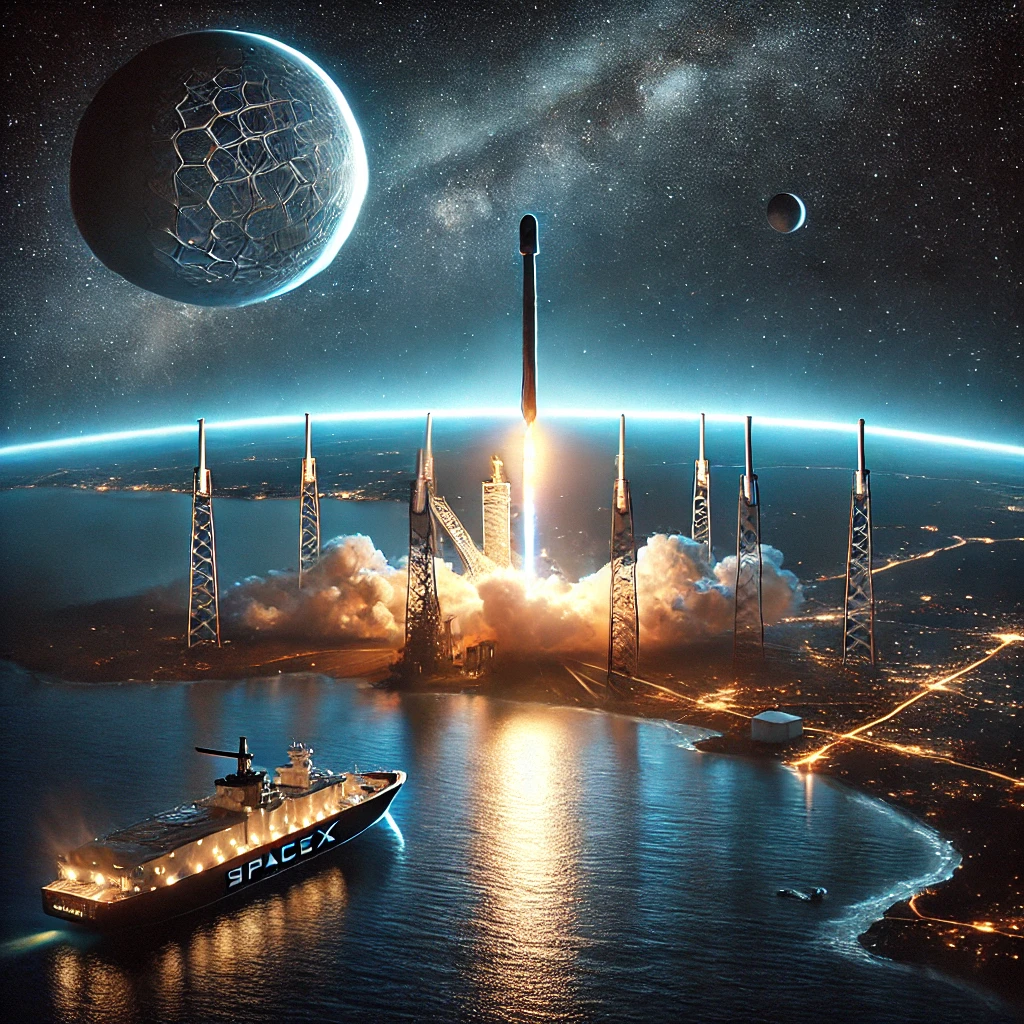Ukraine’s EU membership hopes were boosted on Wednesday when the bloc’s executive body approved thorough negotiations in the coming year.
The European Commission recently highlighted the long-awaited start of membership discussions, which have been pending for nearly 18 months since Ukraine’s EU candidate status. Notable research recently urged extending the procedure to Moldova, Ukraine’s neighbour.
On Wednesday, European Commission President Ursula von der Leyen announced a major achievement. She enthusiastically announced that the Commission has advised the Council to start accession talks with Ukraine and Moldova. This is a turning point in these states’ EU relations.
Ursula von der Leyen addressed the issue after the Commission recommended EU member states start accession discussions. It’s notable that this comes over 18 months after the group approved Ukraine as a candidate. According to the study, accession talks with Moldova should begin.
Ukraine has wanted to join the EU for over a decade. In late 2013, then-President Viktor Yanukovych cancelled a trade agreement with the EU and shifted towards Russia, sparking public protests and his ouster. Russia’s contentious Crimea annexation followed in March 2014. Since 2019, Ukraine has been constitutionally committed to joining NATO and the bloc.
The declaration on Wednesday pleased Ukrainian President Volodymyr Zelensky, who applied for EU membership in February 2022 before Russia invaded his country.
The European Commission recommended starting membership negotiations with Ukraine today, marking a turning point in Ukraine’s and Europe’s history. He pledged to persevere despite many obstacles in a strong declaration.
Ukrainians have remained integral to our European community.
Our country’s EU membership is becoming more urgent. Ukrainians are praised for their dedication to European principles and state institution development despite a full-scale conflict. The person stressed that all necessary decisions are being made to resolve the issue.
President Zelensky has begun negotiations with Ukraine, a major step towards EU membership. Importantly, these conversations will only begin when certain conditions are met. These prerequisites are unlikely to be met in the near future due to the Ukraine crisis.
Ukraine has welcomed Brussels’ proposal to start discussions. Ukraine is cautiously optimistic, expecting the 27 EU member states to support and adopt this attitude in the next few months. However, this recommendation comes with stipulations that Kyiv may find difficult to accept, especially given the ongoing corruption fight.
The European Commission noted that the Ukrainian administration and Parliament have made significant progress towards meeting. 
The seven conditions for discussions
According to a senior EU diplomat, member states have politically decided to negotiate. However, negotiations will only begin if all prerequisites are met. These prerequisites may take years to meet.
Ukrainian leaders are increasingly concerned about the shift in global attention from Ukraine to the Middle East. This trend has been especially obvious following the October 7th Hamas attacks on Israel and the Israeli military response in Gaza.
A senior adviser to Ukrainian President Zelensky told CNN that the continued terrorist strikes in Israel could divert public attention in the US and Europe. Russia’s geopolitical interests would benefit from another front in the battle. Any further global issue diverts resources, affecting our nation. Russia’s, Iran’s, and North Korea’s partnership draws attention.
Western nations have supported Ukraine since Russia’s unexpected large-scale offensive in February 2022. European officials have privately voiced shock at Europe’s persistent focus and solidarity, from financial and military aid to support for Ukraine’s EU and NATO membership. Europe’s resilience and lack of internal divisions have exceeded predictions.
Some Western alliance members have been more moderate towards Russia than others. Diverse perspectives complicate EU-NATO convergence.NATO, formed after World War II and the Cold War, sympathises more with modern Russia. Turkey and Hungary are notable.
With its different opinions and diplomatic connections to Russia, several EU members are military neutral. Finland joined NATO this year, upsetting the region’s delicate balance. Sweden appears likely to follow suit soon. Despite these changes, Ireland and Austria will remain neutral in 2023.
European diplomats have focused on Ukraine for nearly two years, despite its persisting problems.
EU officials in Brussels are surprised by certain high-ranking EU members’ apparent indifference to Ukraine’s concerns. There’s been some focus shifting. Examine global media. A NATO diplomat says the issue is Israel alone.Several Eastern European governments, like Ukraine, believe that focusing on the Middle East could benefit Russia.
Lithuania’s foreign minister, who will visit Washington, has used Twitter to stress the current situation. The minister stressed the urgent nature of the issue and the potential implications of ignoring the Kremlin’s historical imperial aggressiveness in a brief statement. The minister stressed the need to secure many continents’ futures. While digging ditches for future generations, a dismal thought arises: our children may disapprove of our conduct.
The EU’s political readiness for formal accession negotiations is a major victory for Ukraine. This milestone is one of many on the path to EU membership. The political future of Ukraine and Europe is uncertain due to this process’s projected 10-year duration.







